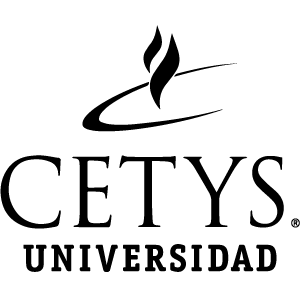https://repositorio.cetys.mx/handle/60000/1896| Título : | Effect of psychosocial factors on happiness at word in Mexico |
| Autor : | Galván Vela, Esthela Ravina-Ripoll, Rafael Salazar-Altamirano, Mario Alberto Martínez-Arvizu, Orlando Josué |
| Palabras clave : | Psychosocial factors;Happiness at work;Stress;Anxiety;Burnout |
| Sede: | Campus Tijuana |
| Fecha de publicación : | 14-feb-2025 |
| Editorial : | UMA Editorial. Universidad de Málaga |
| Citación : | Jambrino Maldonado, C., de las Heras Pedrosa, C., Cuesta-Valiño, P., & Ravina Ripoll, R. (Eds.). (2025). 8th International Academic and Professional Congress on Happiness: Communication, happiness, economy and innovation: Analysis of entrepreneurial ecosystems with a gender perspective. UMA Editorial. https://doi.org/10.24310/mumaedmumaed.221 |
| Resumen : | In the post-pandemic context, markets face mental health challenges that should not be underestimated. The Great Resignation was the result of employees reevaluating their expectations regarding working conditions, the importance of work-life balance, and concerns about stress or mental burnout. In this regard, the lack of emotional support and a work environment that did not promote happiness or well-being led many to seek better options. This phenomenon has reflected how people have prioritized their well-being and happiness at work, seeking work environments that align more closely with their quality-of-life expectations. Organizations in Mexico are also experiencing the serious consequences of this situation through decreased productivity, increased absenteeism, and a noticeable decline in employee job satisfaction. Psychosocial factors in the workplace, such as job stress, anxiety, and burnout, play a decisive role in employees' subjective well-being and, consequently, in their motivation to contribute to the development of their workplaces. Under these assumptions, the objective of this study was to analyze the effect of psychosocial factors on happiness at work and how it impacts turnover intention and organizational commitment. To achieve this goal, a quantitative study was conducted using a closed-ended questionnaire applied during the second quarter of 2024 to 320 employees from various sectors in Mexico. The data were analyzed using structural equation modeling (SEM) to examine the causal relationships between the study variables. Preliminary results suggest that negative psychosocial factors, such as stress, anxiety, and burnout, have a significant negative relationship with happiness at work, indicating that the higher the level of these factors, the lower the employees' perceived well-being. It is important to highlight that employee who reported high levels of happiness at work showed a lower intention to leave and greater organizational commitment, suggesting that improving psychosocial conditions in the workplace could contribute to talent retention and increased organizational productivity. The study's results underscore the importance of addressing psychosocial factors that affect happiness at work in Mexican companies. Organizations should implement strategies to reduce stress and burnout, promoting wellness policies and emotional support. A work environment that values work-life balance and offers flexibility becomes a key tool for improving job satisfaction, reducing employee turnover, and ultimately increasing productivity. |
| Descripción : | Pág. 31 |
| metadata.dc.description.url: | https://doi.org/10.24310/mumaedmumaed.221 |
| URI : | https://repositorio.cetys.mx/handle/60000/1896 |
| ISBN : | 978-84-1335-084-4 |
| Aparece en las colecciones: | Ponencias |
| Fichero | Descripción | Tamaño | Formato | |
|---|---|---|---|---|
| Effect of psychosocial factors on Happiness at Word in Mexico.pdf | 877.61 kB | Adobe PDF |  Visualizar/Abrir |
Este ítem está protegido por copyright original |
Este ítem está sujeto a una licencia Creative Commons Licencia Creative Commons


